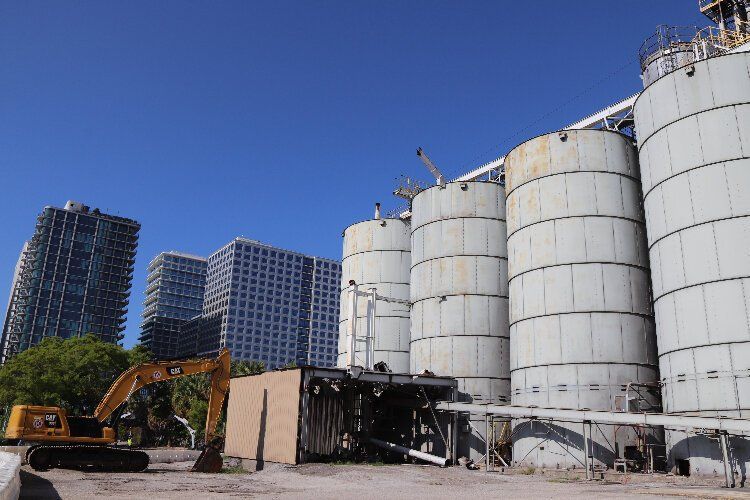The Role of Mobile Patrols in Enhancing Community Safety
In today's rapidly evolving world, ensuring the safety and security of communities has become a paramount concern. Traditional security measures, while effective, often require augmentation to address the dynamic challenges faced by neighborhoods and business districts. Mobile patrols have emerged as a versatile and proactive solution, bridging the gap between static security measures and the need for rapid response.
Understanding Mobile Patrols
Mobile patrols involve security officers conducting scheduled or random checks of a property or area in a vehicle or on foot. Unlike stationary guards, these patrols cover larger areas, providing a visible security presence that deters potential criminal activity. The mobility aspect allows officers to respond swiftly to incidents, monitor multiple locations, and adapt to varying security needs.
Benefits of Mobile Patrols
- Deterrence of Criminal Activity: The mere presence of a mobile patrol can discourage unlawful behavior. Potential offenders are less likely to target areas under regular surveillance, knowing that security personnel could arrive unexpectedly.
- Rapid Response: In emergencies, time is of the essence. Mobile patrols can quickly reach different parts of a community, ensuring timely intervention and minimizing potential damage or harm.
- Flexibility and Coverage: Mobile units can adjust their routes and schedules, making it challenging for wrongdoers to predict patrol patterns. This unpredictability enhances overall security and ensures comprehensive area coverage.
- Cost-Effective Solution: For many communities, hiring a large number of stationary guards is financially unfeasible. Mobile patrols offer a cost-effective alternative, providing extensive coverage without the need for multiple personnel at fixed posts.
- Community Engagement: Patrol officers often interact with residents and business owners, fostering a sense of safety and building trust within the community. This engagement allows for the exchange of valuable information and promotes collaborative efforts in maintaining security.
Implementing Mobile Patrols in Your Community
Introducing mobile patrols requires a strategic approach tailored to the unique needs of the area. Here are steps to consider:
- Assessment of Security Needs: Conduct a thorough evaluation to identify vulnerable spots, peak times for incidents, and specific concerns of residents or business owners.
- Customized Patrol Plans: Develop patrol routes and schedules based on the assessment, ensuring that all critical areas receive adequate attention.
- Integration with Technology: Utilize modern technology such as GPS tracking, real-time reporting, and surveillance cameras to enhance the effectiveness of mobile patrols.
- Regular Training: Ensure that patrol officers receive ongoing training to stay updated on the latest security protocols and community relations strategies.
- Community Communication: Maintain open lines of communication with community members, encouraging them to report concerns and provide feedback on the security services.
Why Choose All American Security Services?
With over 19 years of experience in the security industry, All American Security Services offers professional mobile patrol services designed to meet the unique needs of various communities. Our security officers are known for their exceptional solutions and innovative technology, ensuring the highest level of protection for your area.
Enhance the safety of your community today by partnering with All American Security Services. Contact us for a free quote at (305) 614-9260 and let our experienced team provide the security solutions you need.











